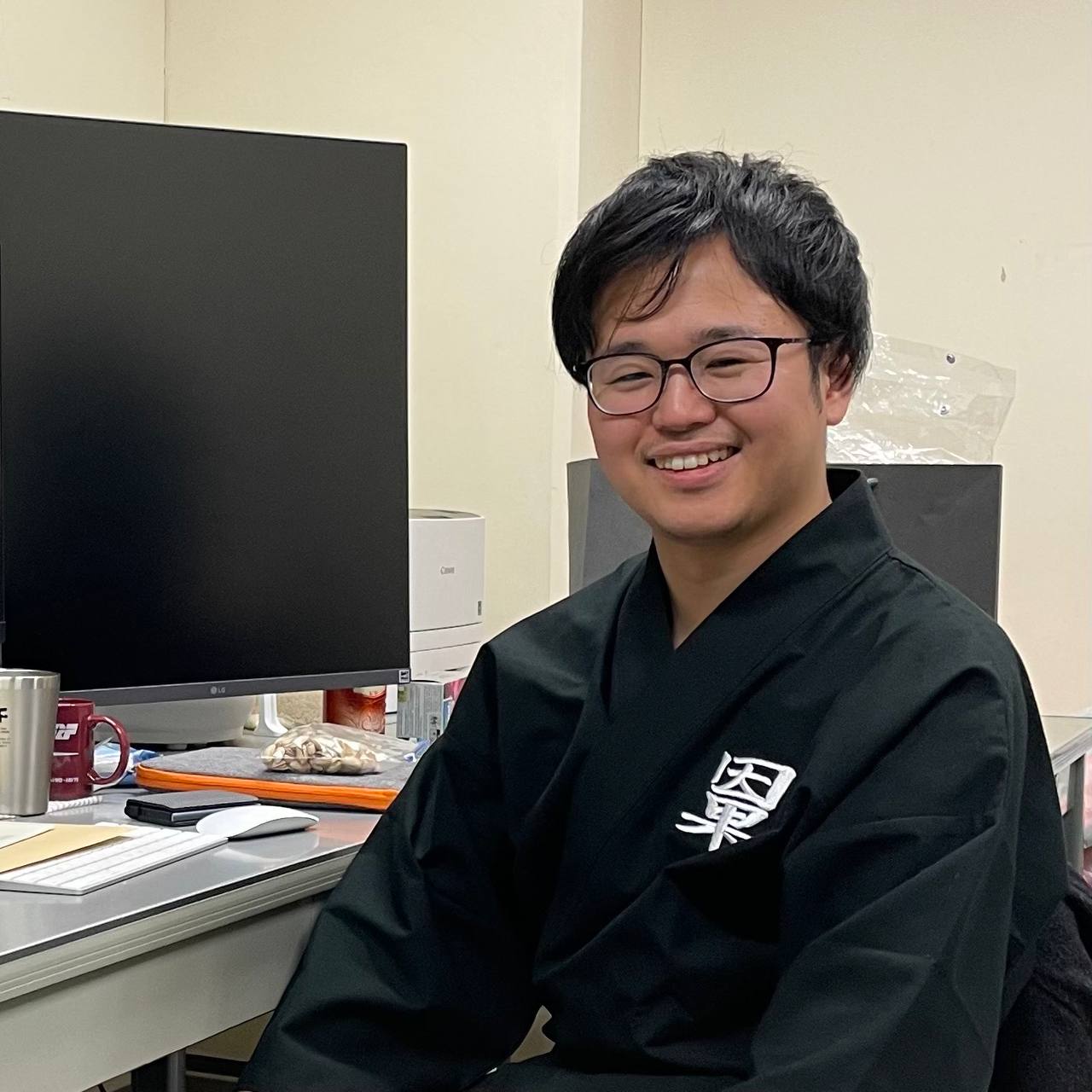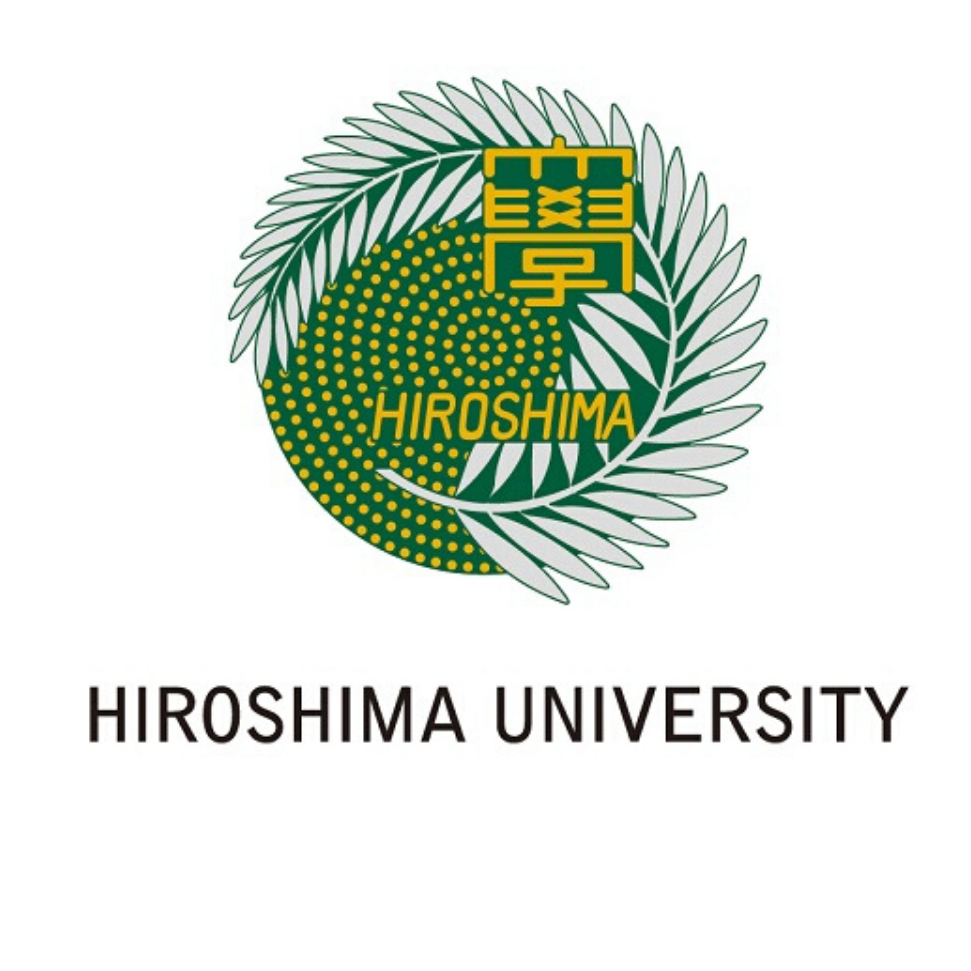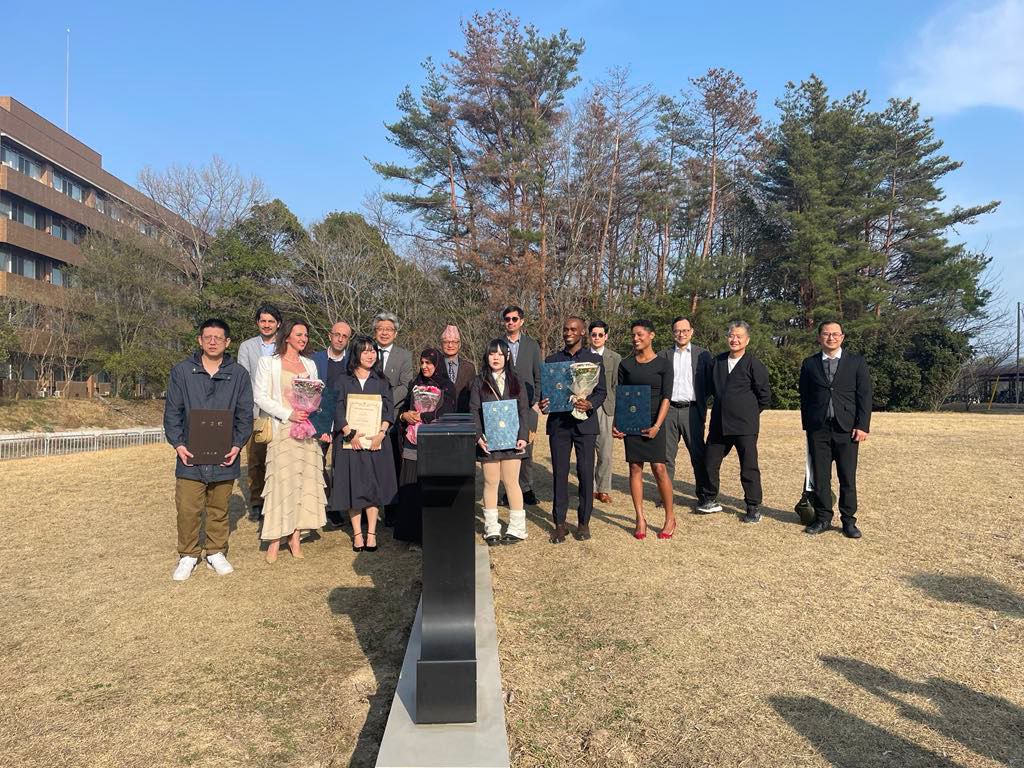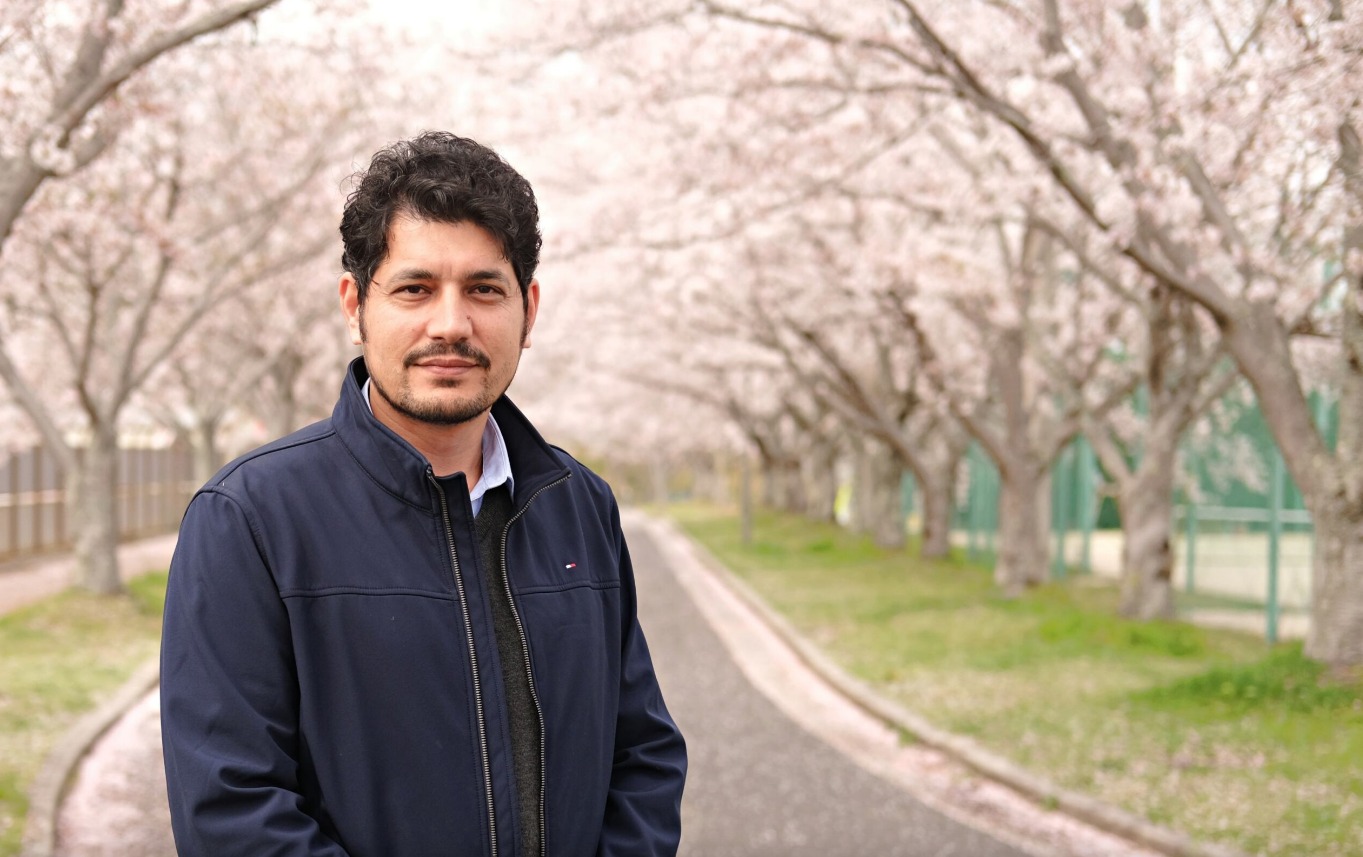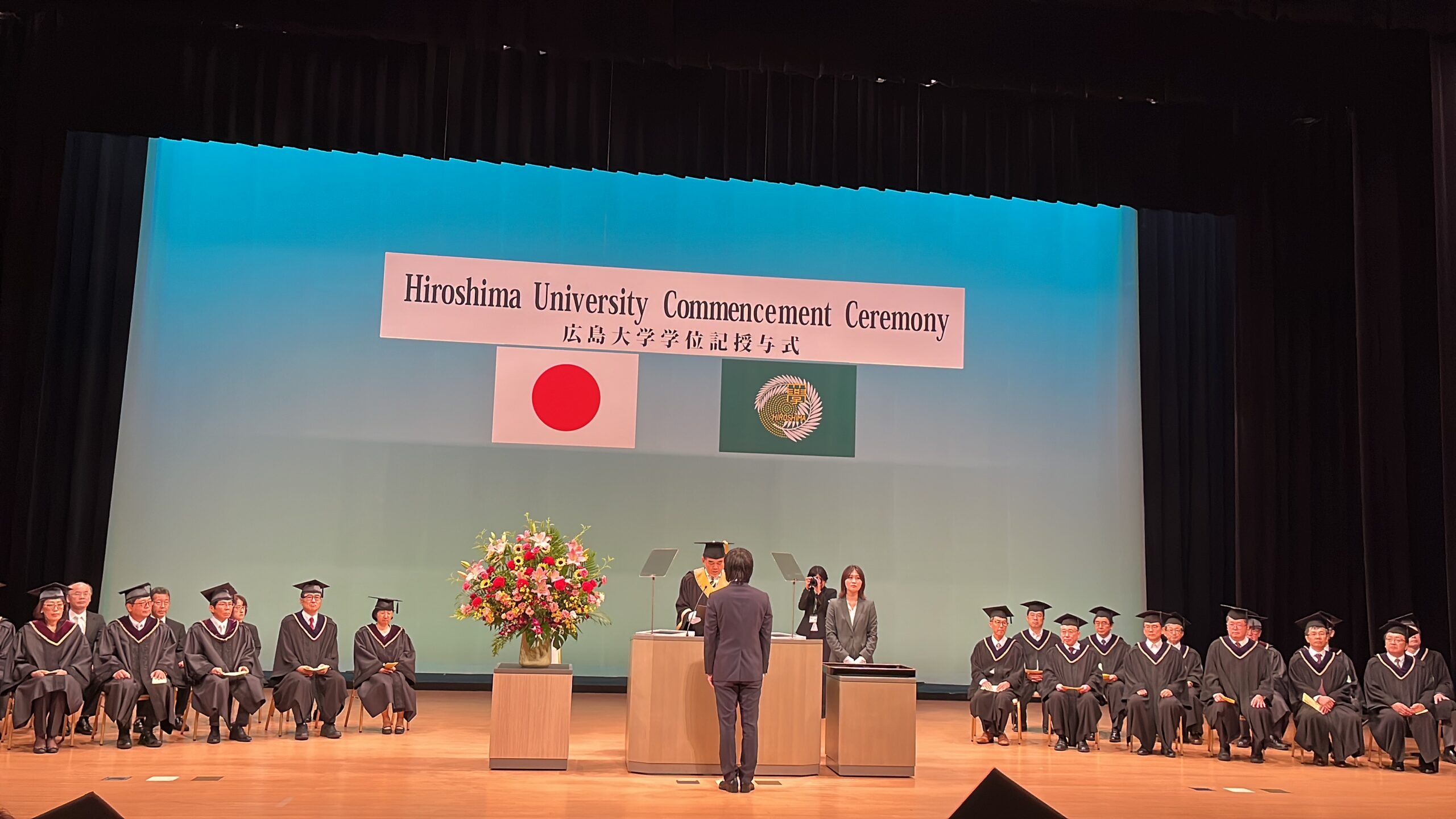What is it like for Japanese students to study with us at IEDP? Assistant Professor Saijo interviewed a recent graduate for the benefit of future and prospective students.
Profile: Yuta, Data Analyst
(Japanese, graduated MA Econ in Spring 2024)
Saijo: What inspired you to apply to the Masters program at IEDP as a Japanese student?
Yuta: I was initially an undergraduate student at HU’s Sogo Kagaku (IGS) as part of the English program’s first cohort. I had a strong interest in studying conflict and was recruited by a former faculty member who specialized in quantitative conflict research, which ultimately led me to apply to the IEDP.
Saijo: What did you learn during your time in the IEDP?
Yuta: One of the key things I learned was econometrics with an emphasis on causal inference (因果推論), as well as data science/data analysis. I was also able to obtain access to may useful data sources through faculty and other students, which allowed me to train my practical data inference skills.
Saijo: What are some of the positives you found in the IEDP?
Yuta: The faculty is quite strong in empirical work and frequently publishes in English, which is great for learning practical data science. The program offers extensive hands-on experience in data analysis and allows a lot of freedom to pursue individual research. Being surrounded by JDS (Japan Development Scholarship) recipients, who are mostly civil servants from a wide range of developing countries, was also a significant positive. From them, I was able to learn about the challenges and issues faced by these countries from frontline practitioners. I do not think it is possible to have such an experience anywhere else.
Saijo: How did the international student body influence your experience and perspectives?
Yuta: Spending all day with foreign bureaucrats from developing countries was a unique and enriching experience. This kind of international interaction is rare not only in Japan but worldwide. It broadened my perspective significantly. I was also able to gain valuable experience in communicating in English, as all courses are taught in English and almost all the communication between students are conducted in English.
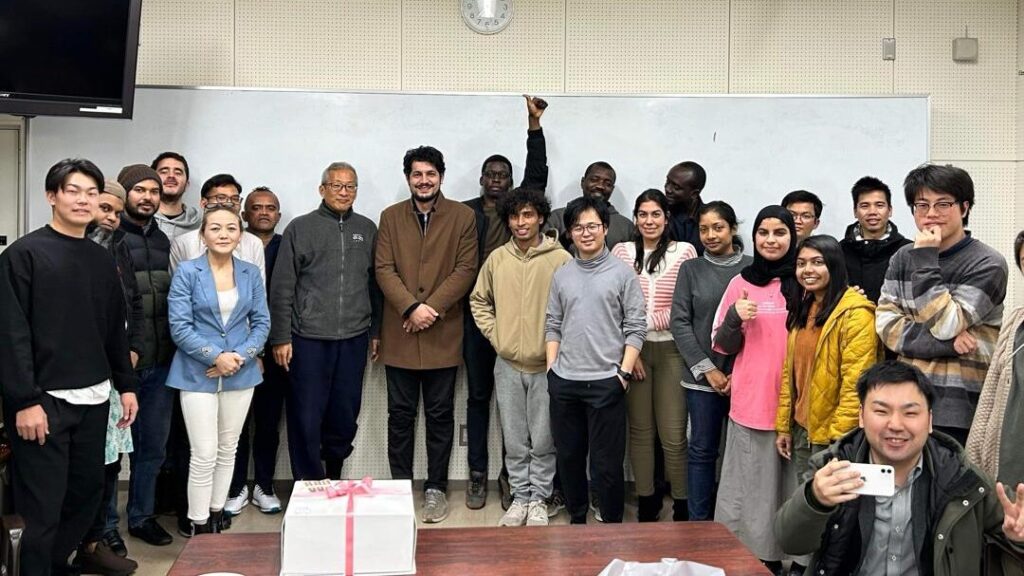
Saijo: What kind of Japanese student do you think should apply to the IEDP?
Yuta: Japanese students who have an interest in data analysis and quantitative methods and are interested in international topics should consider applying. The program is especially well-suited for those with less quantitative backgrounds, as the methods sequence is designed to train students in practical econometrics and data analysis skills from scratch. It’s also ideal for students who are interested in consulting, working in international organizations, or pursuing data analysis and data science careers.
